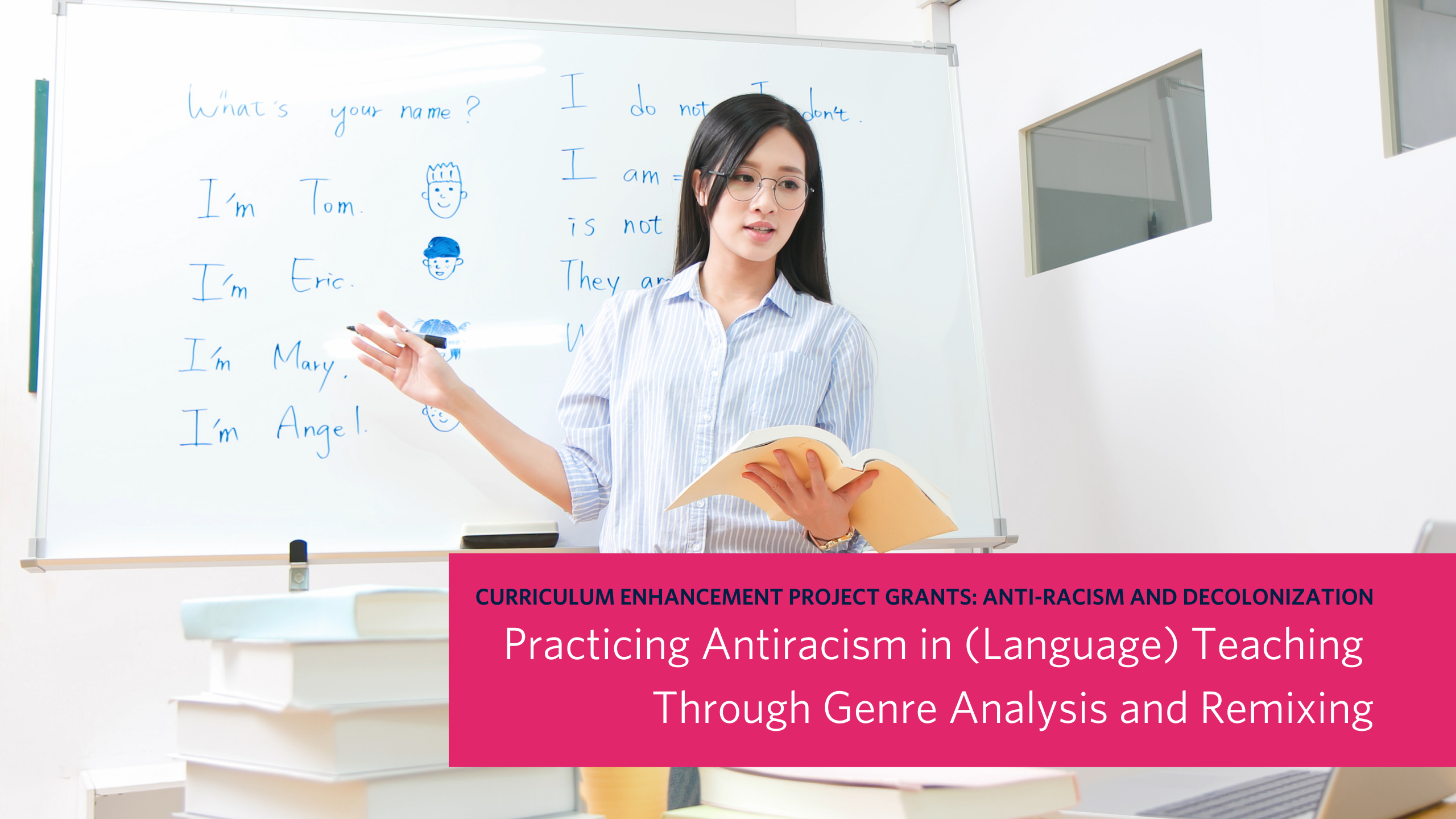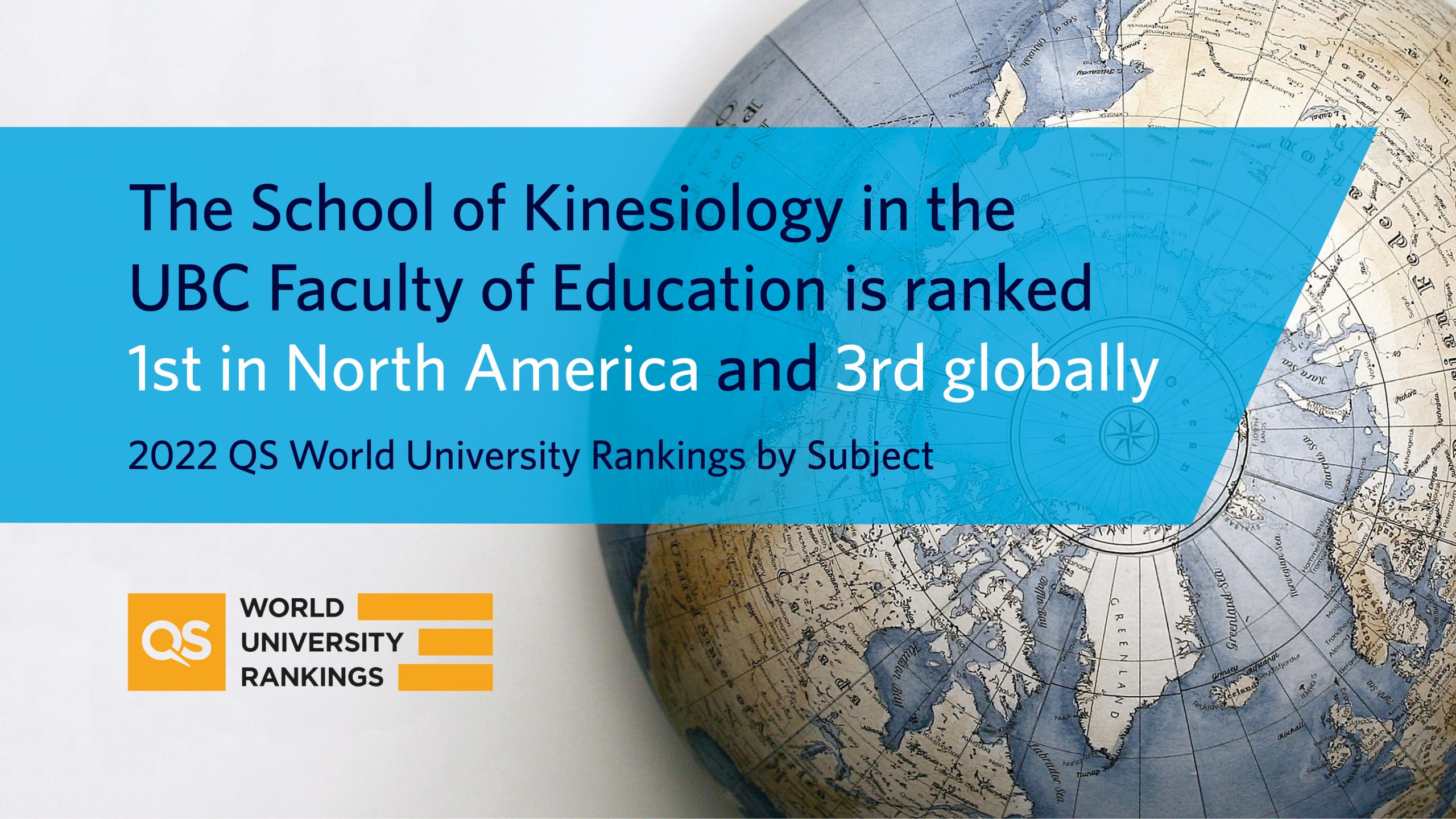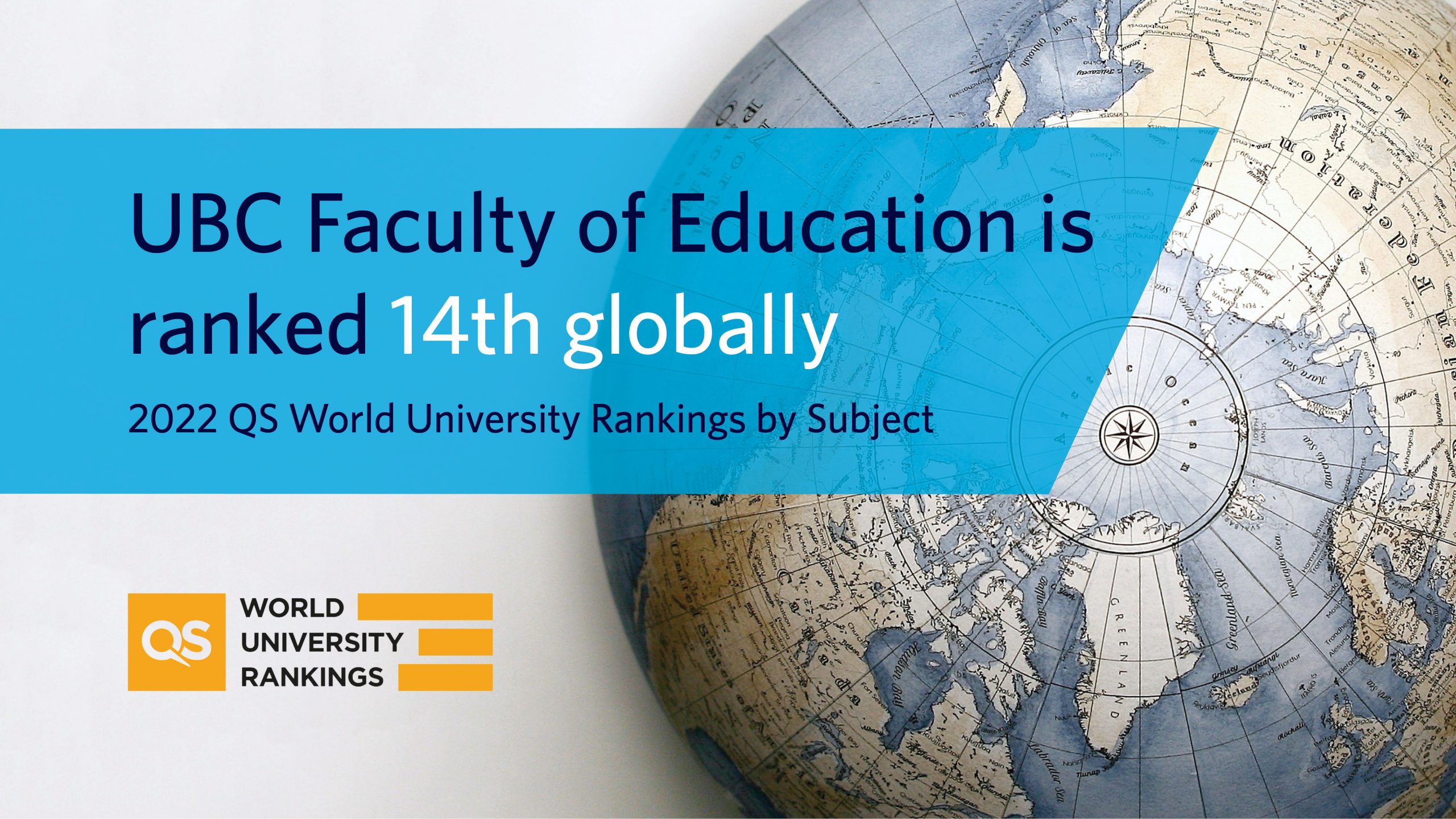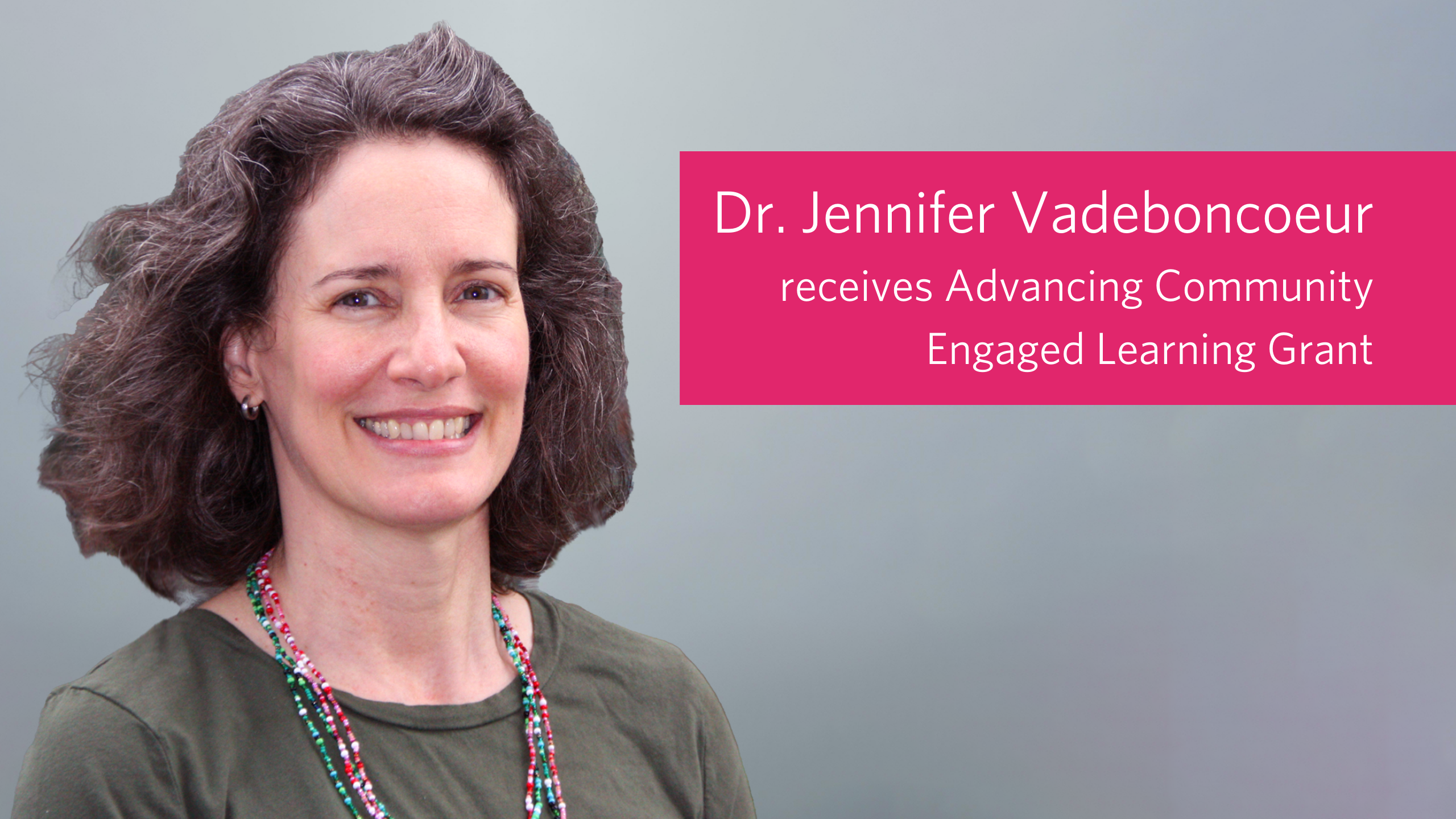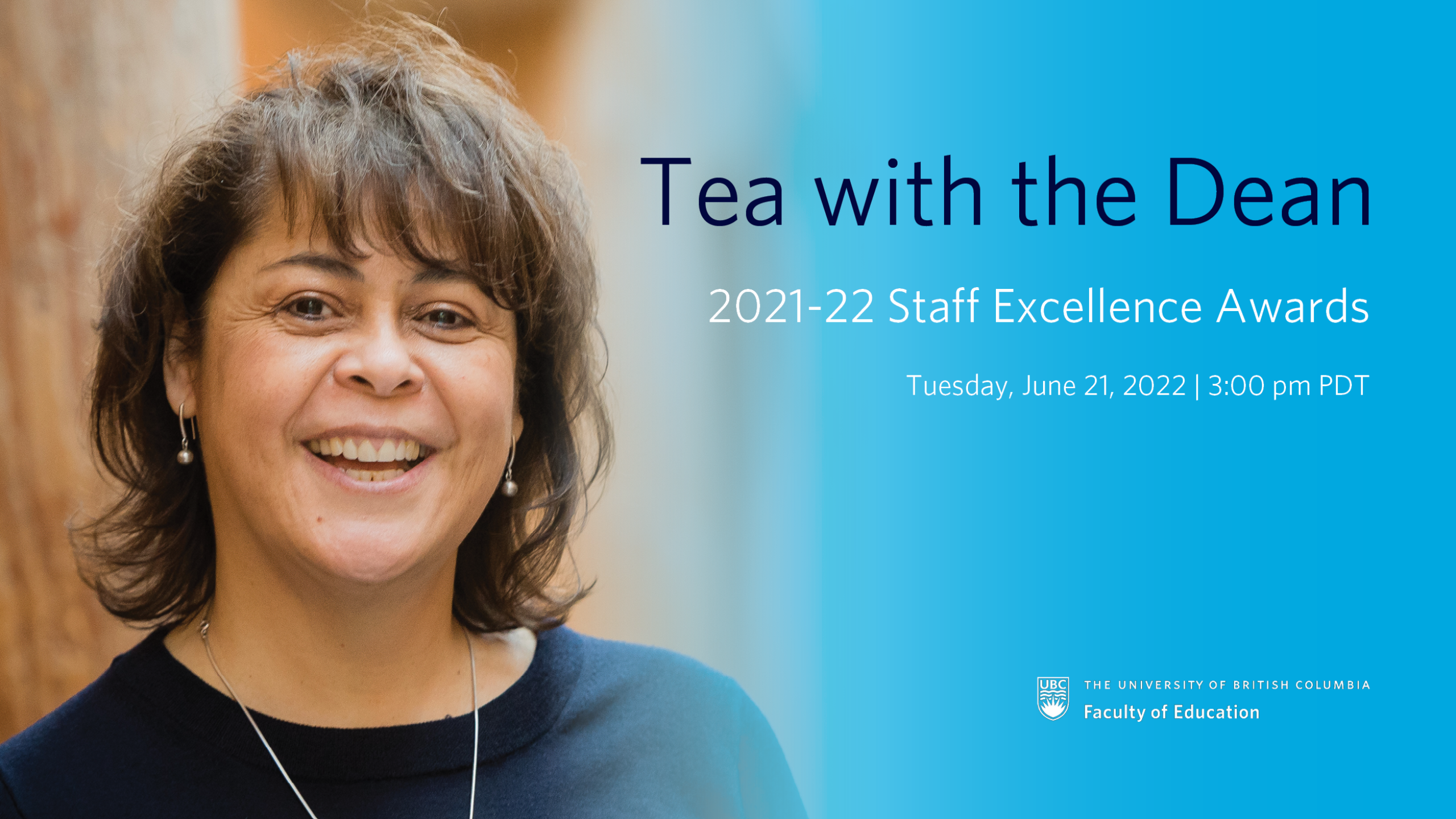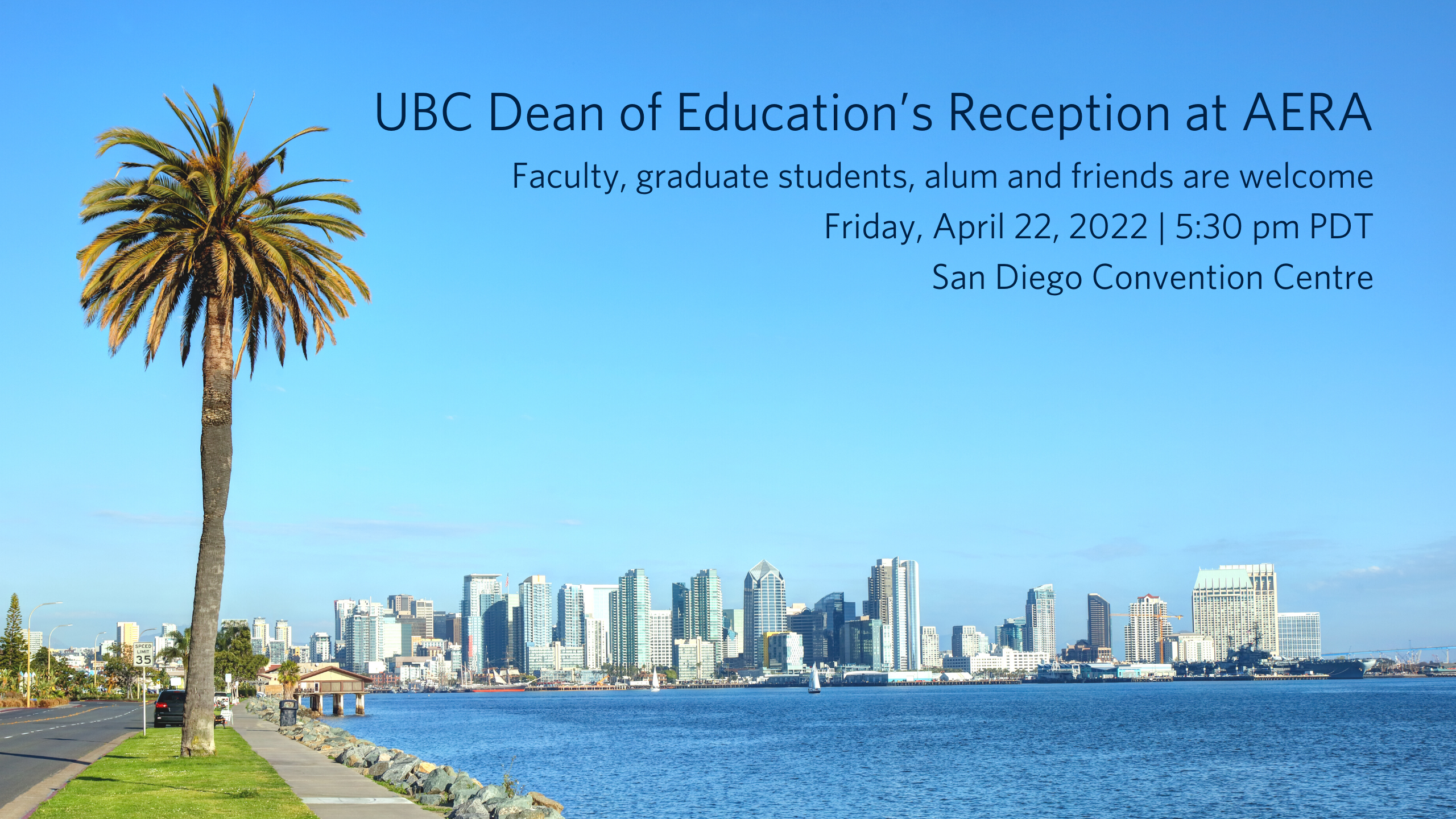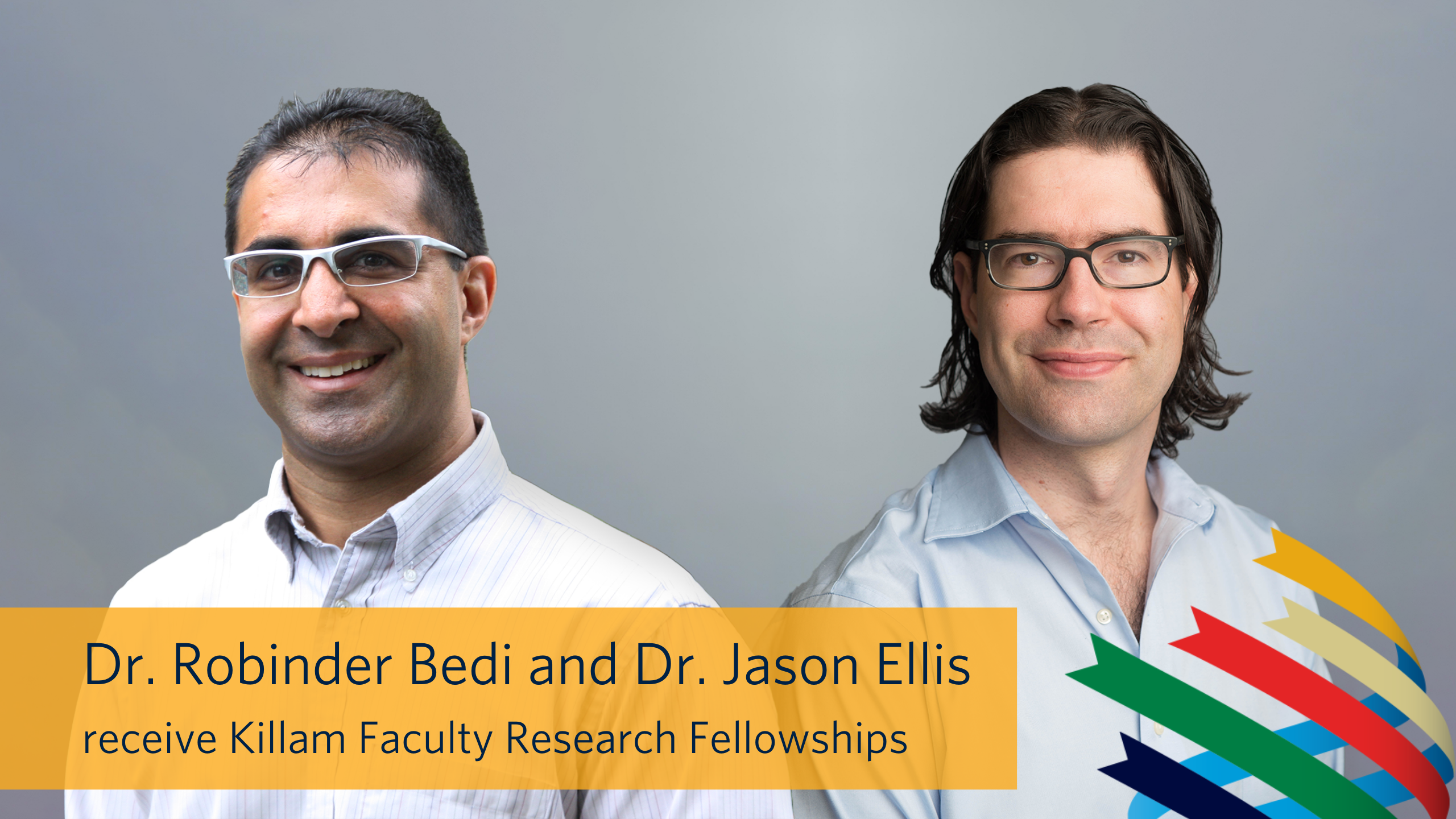April 7, 2022
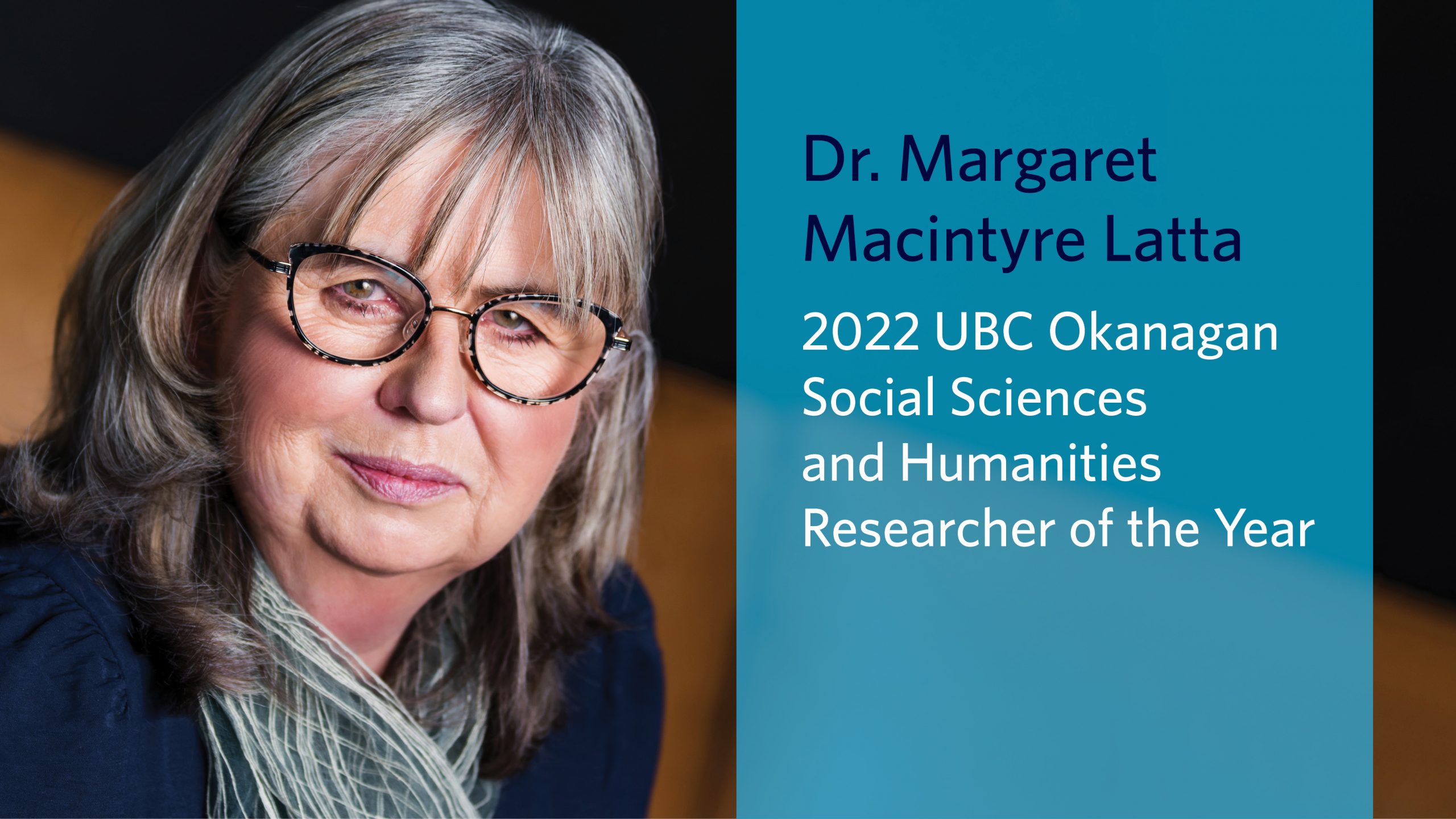
Dr. Margaret Macintyre Latta, Professor and Director, Okanagan School of Education, is the 2022 UBC Okanagan Social Sciences and Humanities Researcher of the Year
Dr. Margaret Macintyre Latta is a prominent researcher transforming traditional approaches to education. A champion of interdisciplinary and community-based research, her focus is to advance curriculum as a shared participatory learning experience that inspires reconciliation. Her practice-engaged research with Indigenous, school district and community partners supports educators in decolonizing their curriculum and teaching practices.
Over her career, she has received significant research funding over her career and has demonstrated a distinguished record of research. Notably, her current SSHRC Partnership Grant, Co-Curricular-Making: Honouring Indigenous Connections to Land, Culture, and the Relational Self, is connecting researchers, practitioners, and community members to inquire into, provoke, confront and challenge the colonizing practices that influence education, while also seeking respectful ways for educators to embody and orient their curricular practices toward productively contributing to reconciliation efforts.
Her research contributes to reorienting understandings of the roles and place of knowledge towards individual and collective growth and well-being, alongside reorienting understandings of curriculum as shared participatory learning experiences.
To learn more about her research, read Dr. Macintyre Latta’s profile.
Award Celebration
A special celebration to honour the 2022 Researcher of the Year award recipients will be hosted online and in-person on May 6, 2022 from 2:00-4:00 pm at the Innovation Centre in Kelowna. Hosts Phil Barker, Vice-Principal and Associate Vice-President, Research and Innovation, and Lesley Cormack, Deputy Vice-Chancellor and Principal, will lead the awards ceremony which will feature video profile screenings, followed by an outdoor rooftop reception with live music. All are welcome to join. Registration is required.
Register at events.ok.ubc.ca/event/2022-researcher-of-the-year-awards.
About the Award
The Researcher of the Year awards were established in 2009 to recognize excellence in research and creative scholarly activity at UBC Okanagan.
To learn more about all four 2022 Researchers of the Year recipients, visit the UBCO Research and Innovation award page.
